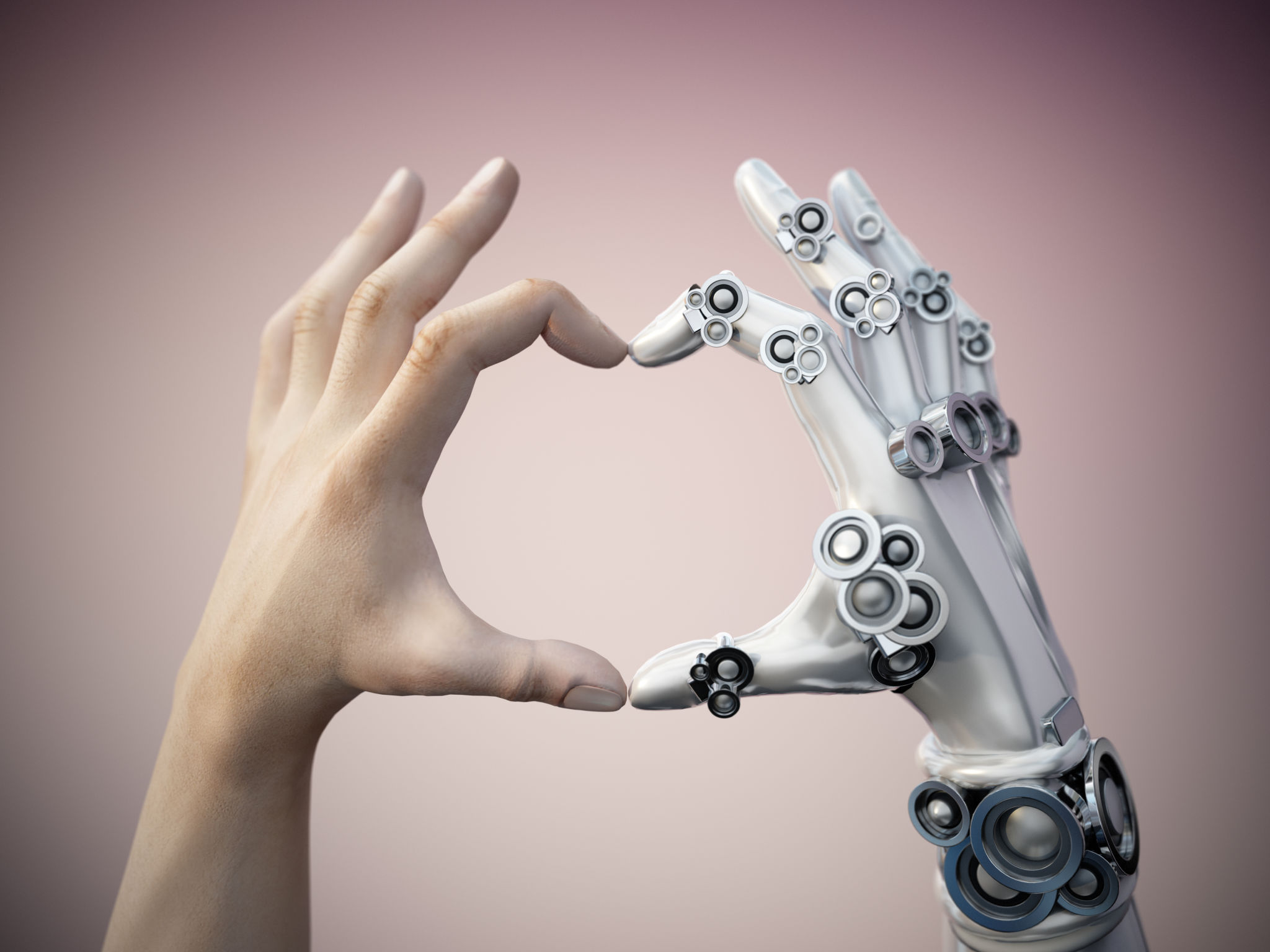Common Misconceptions About Industrial Robots: What Every Business Should Know
Industrial Robots Are Only for Large Corporations
One of the most common misconceptions about industrial robots is that they are only suitable for large corporations with deep pockets. The truth is, technological advancements have made these robots more accessible and affordable for small and medium-sized enterprises (SMEs) as well. Today, businesses of all sizes can integrate robotic solutions to optimize their operations and remain competitive in the market.
With the rise of flexible financing options and leasing models, even smaller companies can now invest in robotic technologies without a significant upfront cost. This democratization of robotics is helping level the playing field, allowing businesses across various sectors to benefit from automation.

Robots Will Replace Human Workers
Another prevalent myth is that industrial robots will completely replace human workers, leading to widespread unemployment. While it's true that automation can change the nature of work, robots are more likely to complement human efforts rather than replace them entirely. They take over repetitive and dangerous tasks, freeing up human workers to focus on more complex and creative activities.
Instead of eliminating jobs, robotics can create new opportunities for skilled labor in programming, maintenance, and systems management. By embracing a collaborative approach, businesses can enhance productivity while ensuring that their workforce remains engaged and valuable.

Robots Are Too Complex to Implement
Many businesses shy away from adopting industrial robots due to the perception that they are too complex to implement. However, today’s robotic systems are designed with user-friendliness in mind. Intuitive interfaces and simplified programming options make it easier than ever for companies to integrate robots into their existing processes.
Moreover, most robotics providers offer comprehensive training and support services to help businesses get up and running quickly. This ensures that companies can maximize the return on their investment without facing significant operational disruptions.
The Cost of Maintenance Is Prohibitive
Some business owners worry about the ongoing costs associated with maintaining industrial robots. However, modern robots are engineered for durability and reliability, requiring minimal maintenance compared to earlier generations. Routine maintenance tasks can often be handled in-house, further reducing costs.

Furthermore, many robotics suppliers offer maintenance packages and service agreements, which can help businesses manage expenses more effectively. By planning for regular upkeep, companies can avoid costly downtime and ensure their robotic systems operate efficiently.
Robots Are Only for Manufacturing
While industrial robots are commonly associated with manufacturing, their applications extend far beyond this sector. Robots are increasingly being used in logistics, healthcare, agriculture, and even food service industries. Their versatility allows businesses in various domains to automate tasks such as sorting, packing, assembling, and even customer interactions.
This adaptability means that companies should not limit their consideration of robotics to traditional manufacturing processes. Exploring different applications can uncover new ways to enhance productivity and customer satisfaction.

Conclusion: Embracing Robotics for a Competitive Edge
In dispelling these common misconceptions about industrial robots, it's clear that they offer substantial benefits for businesses of all sizes and sectors. By understanding the true capabilities and applications of robotic technology, companies can make informed decisions about how best to leverage these tools for growth and innovation.
Ultimately, embracing industrial robots can provide a significant competitive edge in an increasingly automated world. By staying informed and open-minded about technological advancements, businesses can position themselves for success now and in the future.